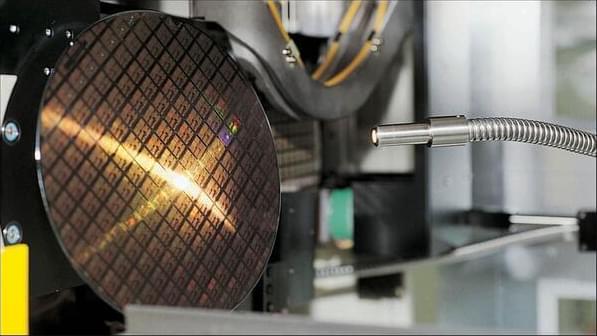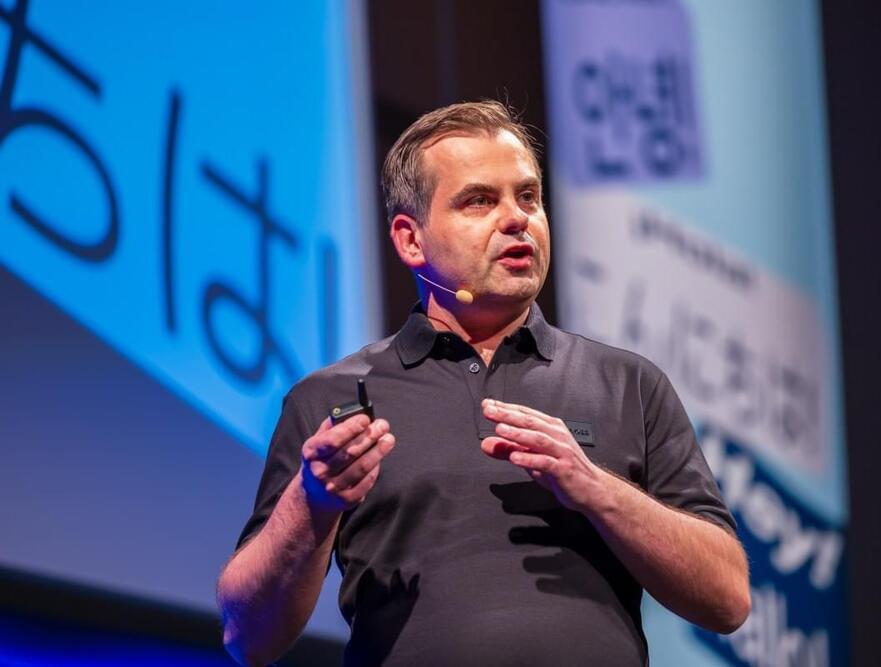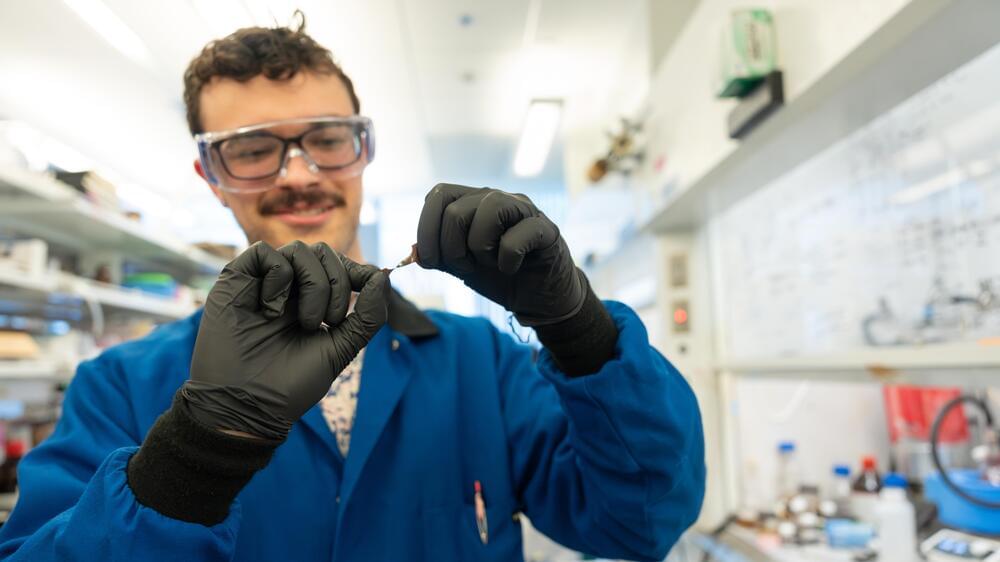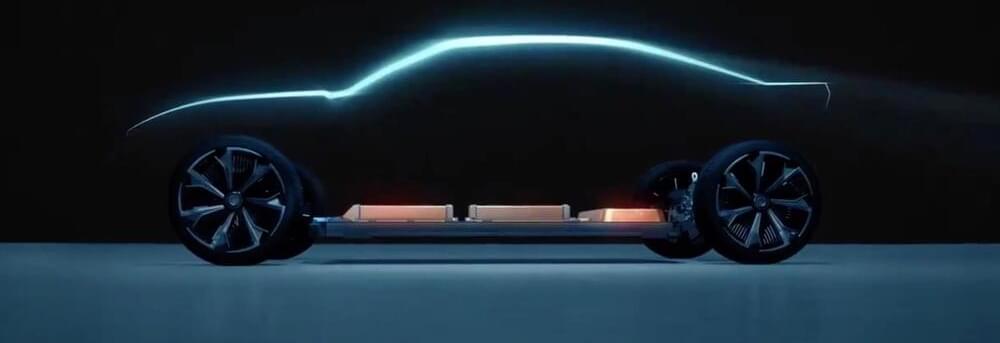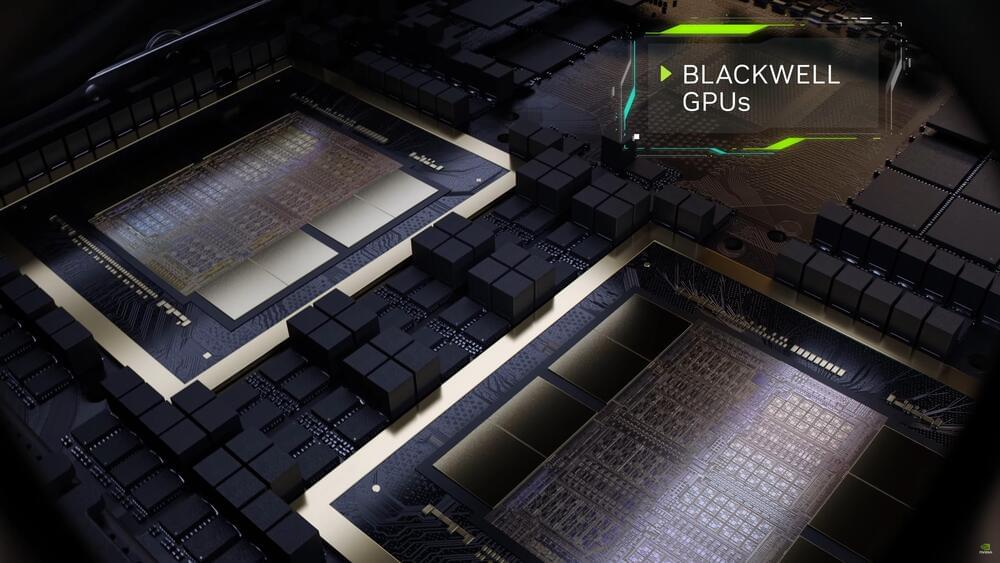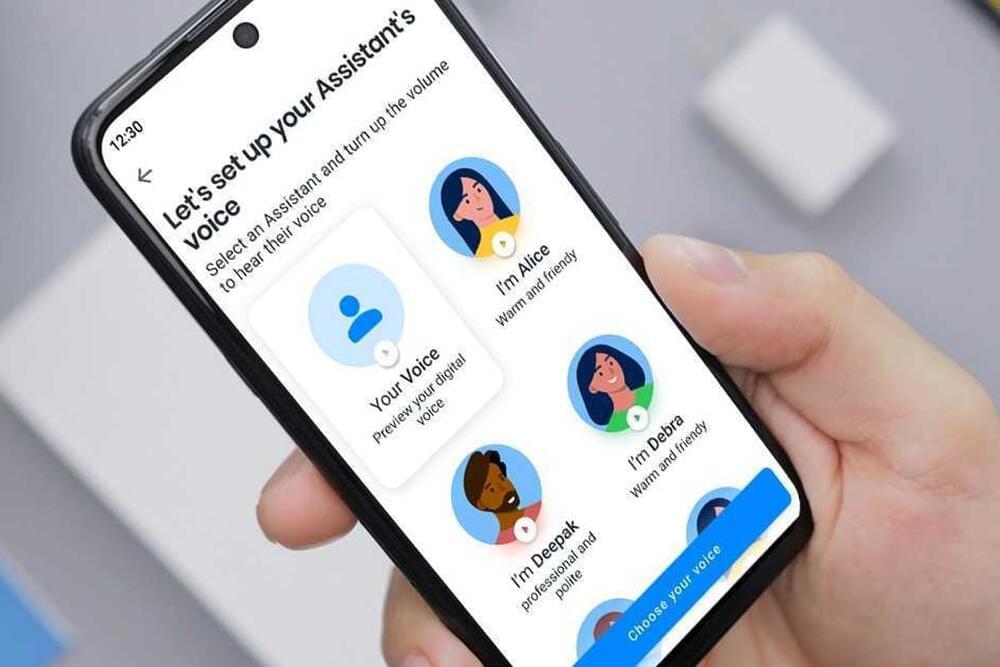
AI has already started replacing voice agents’ jobs. Now, companies are exploring ways to replace the existing computer-generated voice models with synthetic versions of human voices. Truecaller, the widely known caller ID service, is the latest to take this approach with its announcement that it will now allow customers to use its AI-powered Assistant to answer phone calls in their own voice.
The new experience comes via a partnership with Microsoft that allows the Swedish company to use the Redmond giant’s Personal Voice technology, introduced in November as part of Azure AI Speech.
By using Microsoft’s Personal Voice, Truecaller’s Assistant, available to paid users, will be able to replicate users’ voices in order to greet and respond to callers. This is in addition to the preset system-generated voice options available to users through the digital assistance feature that helps answer phone calls for you, screen unknown calls, take messages, respond on your behalf or even record the call.


